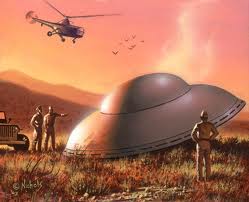Conventional cultural anthropology’s thinking was that tribal people were peaceful, that Darwinism had nothing to say about human behavior and culture, and that material resources were the cause of conflict.
Current Science is refuting all 3 assumptions. Mortality from violence is very common in small-scale societies today and in the past. Almost one-third of such people die in raids and fights, and the death rate is twice as high among men as among women. This is a far higher death rate than experienced even in countries worst hit by World War II. Thomas Hobbes’s “war of each against all” looks more accurate for humanity in a state of nature than Jean-Jacques Rousseau’s “noble savage,” though anthropologists today prefer to see a continuum between these extremes.
A Darwinian explanation of warfare would imply that similar kinds of violence might have evolved in other group-living animals. In recent years, Richard Wrangham of Harvard University has described chronic intergroup violence among chimpanzees.
But what is the motive for such killing? Robert Walker of the University of Missouri, Columbia, and Drew Bailey of Carnegie Mellon University last year published a survey of “Body Counts in Lowland South American Violence” and concluded that motives include revenge for previous killings, jealousy over women, capture of women and children and, less often, theft of material goods. Come to think of it, sounds just like the Trojan War
via Mind & Matter: Noble Savages Points to Resolution in Study of War – WSJ.com.


